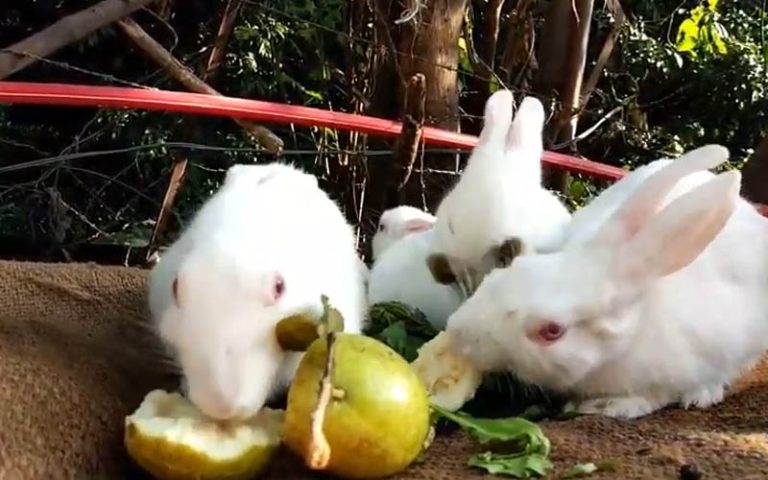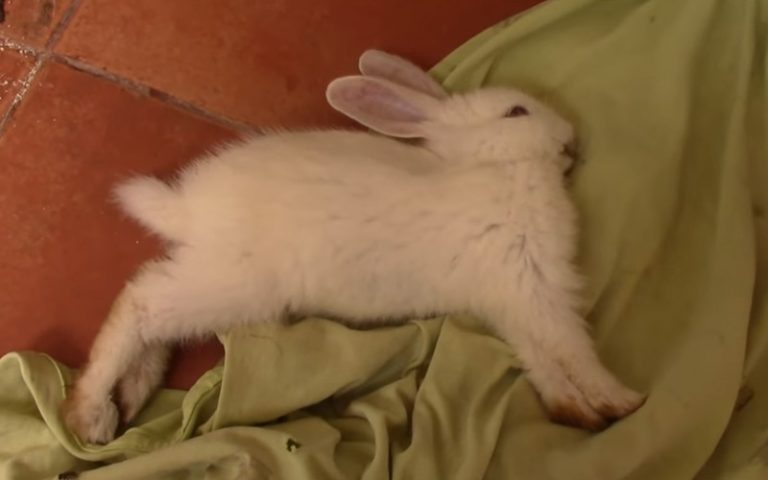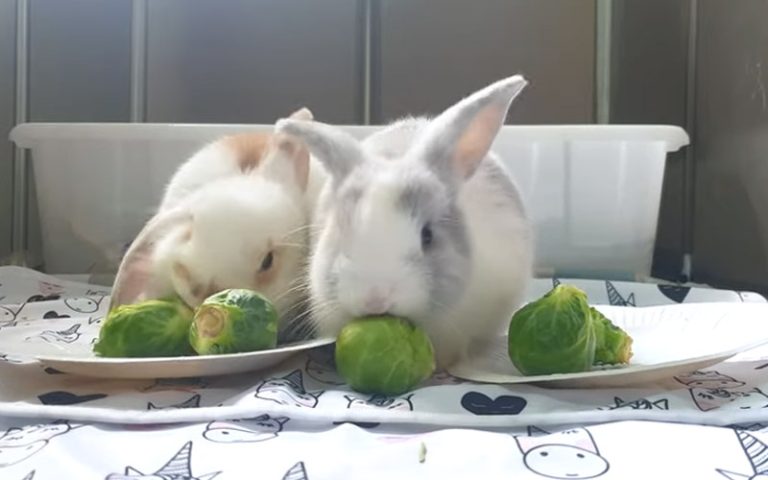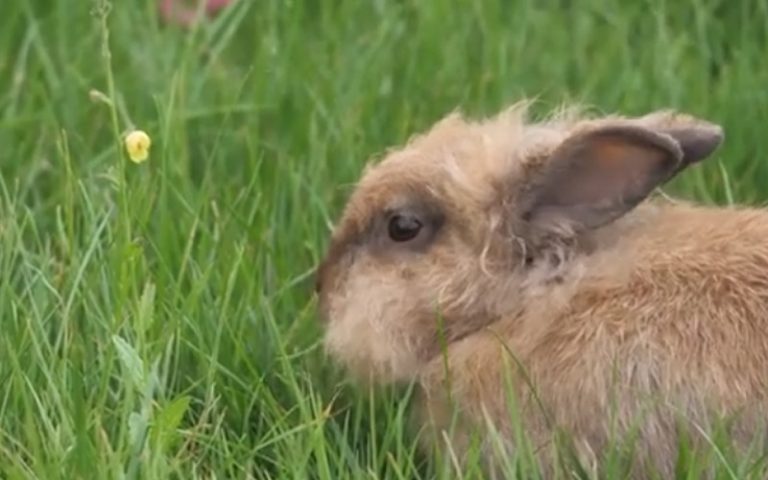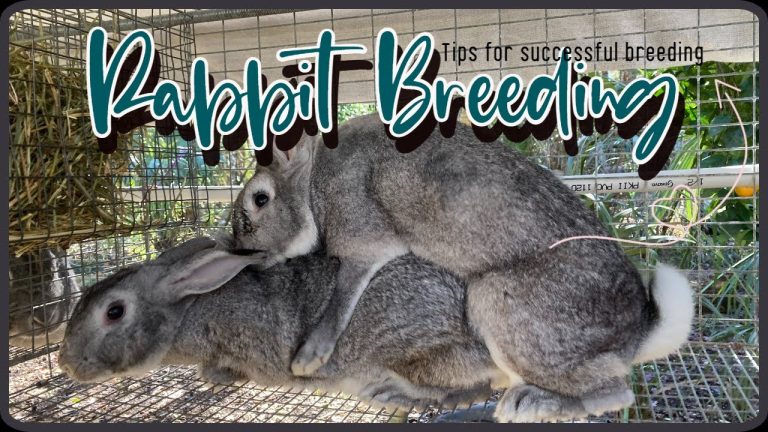Will Raccoons Eat Rabbits? [Rabbit Safety 101]
Raccoons will eat rabbits. Raccoons are opportunistic omnivores and may prey on small animals like rabbits when given the chance. Pet owners need to secure their rabbits’ enclosures to prevent any potential harm from these scavenging mammals.
Raccoons, with their distinctive masked faces and agile movements, are fascinating creatures. One of the frequently asked questions about these omnivores is, “Do raccoons eat rabbits?”
However, today we learn about the dietary habits of raccoons and their interactions with rabbits shedding light on the factors influencing their dietary choices.
Examining Raccoons’ Predatory Behavior
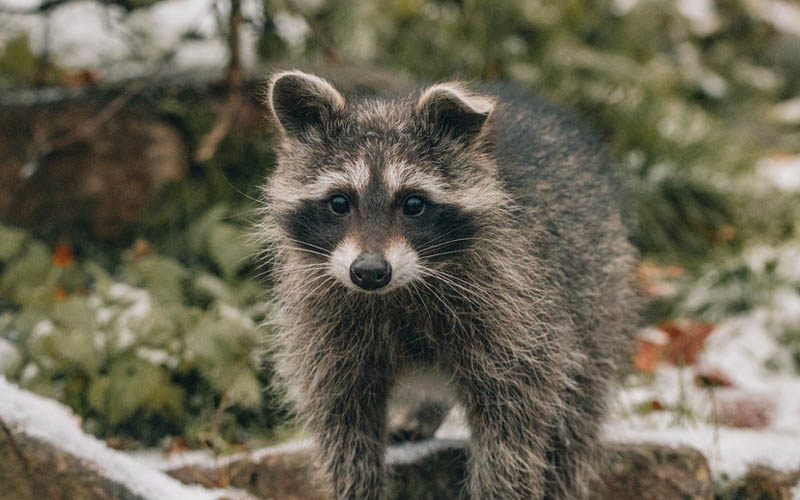
1. Small Mammals in the Diet
Raccoons are opportunistic feeders, and while they are known to consume small mammals, the likelihood of them targeting rabbits specifically depends on several factors.
The size of the rabbit, the raccoon’s environment, and the availability of alternative food sources all play vital roles in determining their dietary choices.
2. Factors Influencing Predation
a. Size Discrepancies
Raccoons typically favor smaller prey due to their physical limitations. Larger rabbits may be less appealing to raccoons as they could pose a formidable challenge in terms of capture and consumption.
b. Environmental Conditions
In urban areas, where food scraps and garbage bins are abundant, raccoons might prioritize these easily accessible food sources over hunting larger prey like rabbits.
c. Seasonal Considerations
Seasonal variations can also impact raccoon behavior. During times of scarcity, they may broaden their dietary preferences, potentially including rabbits in their menu.
Why Raccoons Are Dangerous to Rabbits?
Raccoons are considered dangerous to rabbits for several reasons:
- Predatory Nature: Raccoons are opportunistic predators, and they have a varied diet that includes small animals like rabbits. If raccoons come across a rabbit, especially if it’s in an enclosure or hutch, they may see it as potential prey.
- Climbing and Digging Abilities: Raccoons are skilled climbers and diggers. They can easily climb fences or get into enclosures that might not be secure enough to keep them out. This poses a threat to rabbits in outdoor hutches or pens.
- Aggressive Behavior: Raccoons can be aggressive when they feel threatened or are seeking food. If a rabbit is nearby, a raccoon might attack, causing harm or even death to the rabbit.
- Disease Transmission: Raccoons can carry various diseases, including rabies and distemper, which can be transmitted to rabbits. The presence of raccoons in the vicinity can increase the risk of disease transmission to rabbits, posing a threat to their health.
- Nocturnal Behavior: Raccoons are primarily nocturnal animals, meaning they are most active during the night. This can make it challenging for rabbit owners to monitor and protect their rabbits during the hours when raccoons are most active.
Do Raccoons Eat Rabbits? – A Closer Look!
Raccoons do eat rabbits. Raccoons are known to hunt and consume rabbits as part of their diet. They are opportunistic feeders and will prey on small animals, including rabbits when the opportunity arises. This behavior is an instinct for raccoons as they forage for food in their environment.
How to Keep Raccoons Away from Rabbits?
Keeping raccoons away from rabbits is important to ensure the safety and well-being of the rabbits. Raccoons are opportunistic scavengers and can pose a threat to smaller animals like rabbits.
Here are 9 (nine) tips to help you keep raccoons away from rabbits:
- Secure Enclosure: Ensure that the rabbit hutch or enclosure is secure and predator-proof. Use strong materials for the construction and make sure there are no gaps or openings that raccoons could exploit. Raccoons are adept at opening latches, so use sturdy locks.
- Elevate the Hutch: If possible, elevate the rabbit hutch off the ground. Raccoons are less likely to attempt to reach higher places. Make sure there are no overhanging branches or structures that raccoons could use to access the hutch.
- Motion-Activated Lights: Install motion-activated lights around the rabbit enclosure. Raccoons are nocturnal, and bright lights can startle and deter them. This may make them think twice before approaching the rabbit area.
- Remove Food Sources: Raccoons are attracted to food, so do not leave any rabbit food or treats outside of the hutch. Store rabbit food securely in airtight containers. If possible, feed the rabbits indoors or in a secure location.
- Use Natural Deterrents: Raccoons are known to be deterred by certain scents. You can try using natural deterrents such as predator urine (available commercially), cayenne pepper, or ammonia around the rabbit enclosure. However, be cautious with these substances to ensure they don’t harm the rabbits.
- Secure Waste Bins: Ensure that any garbage bins in the vicinity are secured with tight-fitting lids. Raccoons are attracted to trash, and if they find a food source nearby, they may be more persistent in trying to access the rabbit enclosure.
- Create Barriers: Install barriers such as wire mesh or hardware cloth around the rabbit hutch. Make sure it extends below ground to prevent raccoons from digging underneath.
- Monitor and Supervise: Regularly monitor the rabbit enclosure and the surrounding area for signs of raccoon activity. If you spot any, take appropriate action immediately. Additionally, supervising your rabbits during outdoor time can help ensure their safety.
- Use Raccoon-Proofing Products: There are commercially available products designed to deter raccoons, such as motion-activated sprinklers or ultrasonic devices. These can be effective in keeping raccoons away.
FAQ
rabbits can protect themselves from raccoons to some extent. They rely on their agility and speed to escape and may kick or scratch if cornered. However, rabbits are not as strong as raccoons, so it’s essential to provide a secure enclosure with sturdy barriers to prevent raccoon attacks.
To discourage raccoons from hunting rabbits, humans can employ several strategies. Secure rabbit hutches with sturdy locks, install motion-activated lights or sprinklers, and keep outdoor areas tidy to eliminate food sources. Fencing with buried wire mesh can also deter raccoons. Lastly, avoid leaving pet food outside overnight, as it can attract raccoons.
Raccoons and rabbits can live together peacefully in cities. They share common spaces without much trouble, often finding different niches for their activities. Raccoons might be more adaptable and eat a wider range of foods, but both animals usually coexist without major conflicts in urban environments.
Look out for signs that raccoons are after rabbits, like disturbed burrows, scattered fur, and tracks around the rabbit hutch. If you spot knocked-over food bowls or missing rabbits, it’s a red flag.


